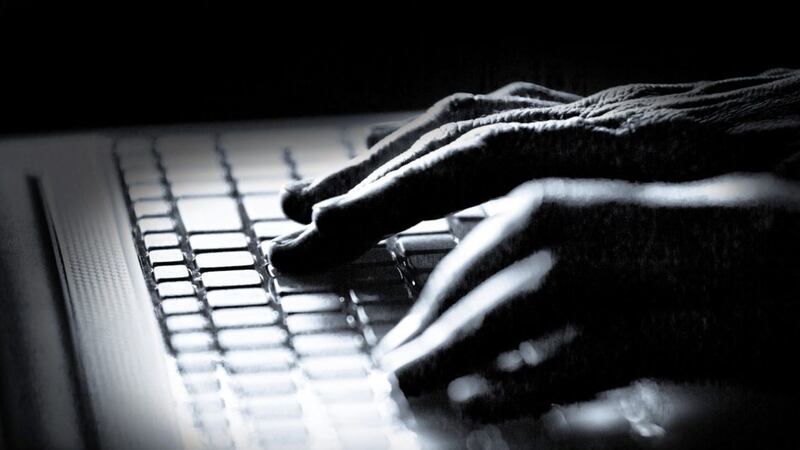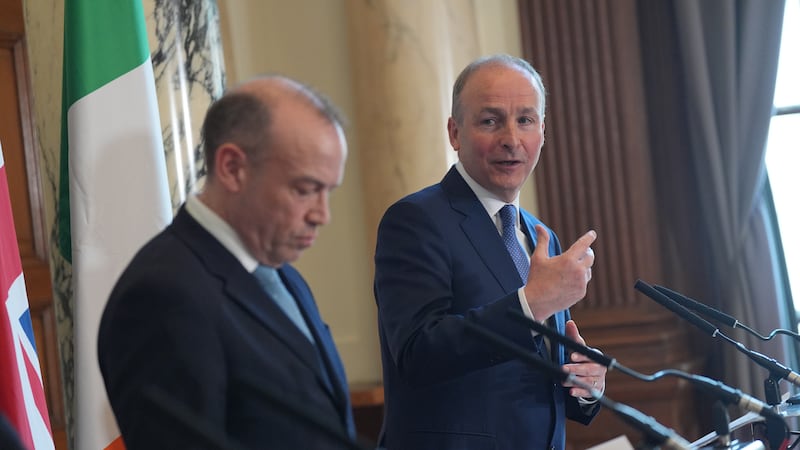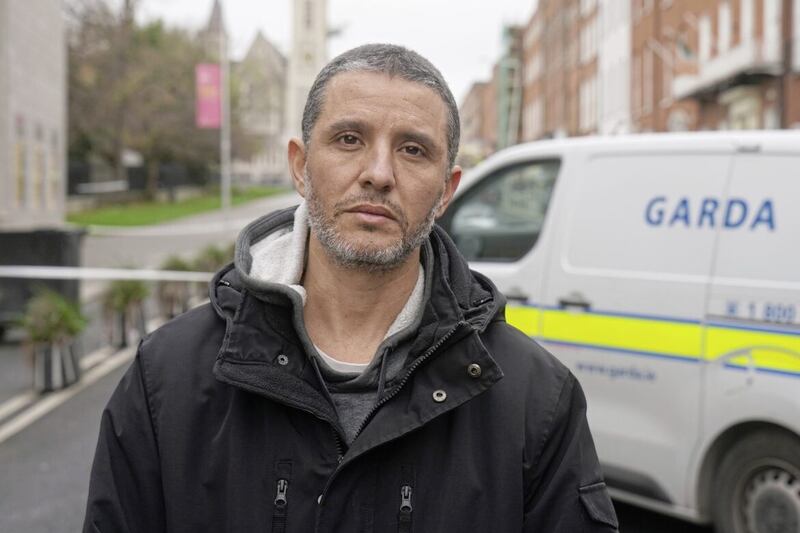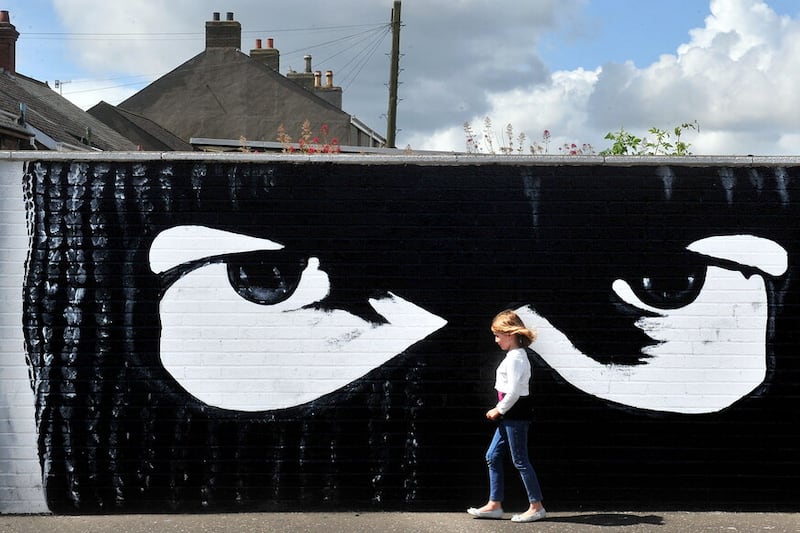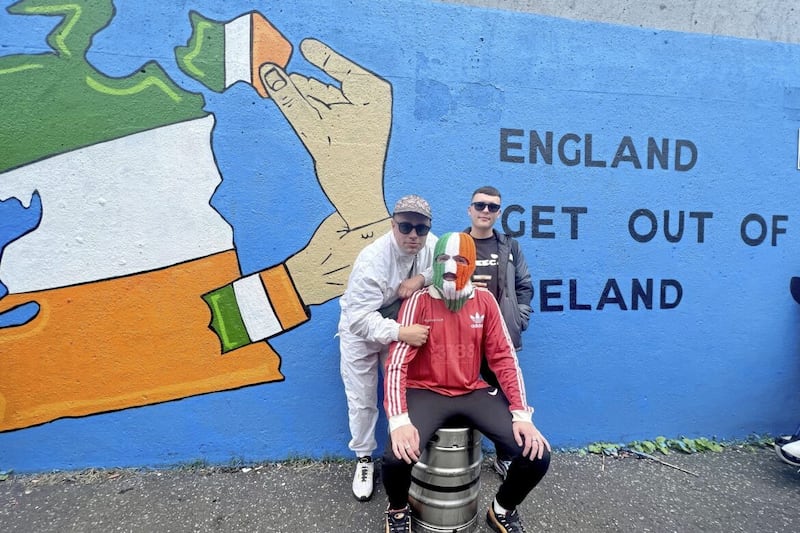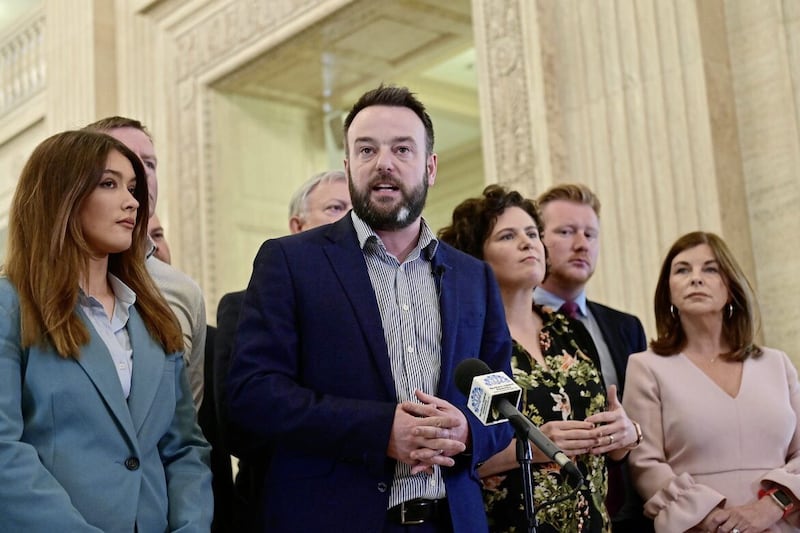LIKE many readers I am an avid user of social media. Being a columnist means that I frequently use both Twitter and Facebook to promote my columns.
If I am being totally honest I much prefer to hold a newspaper. The same goes for a book. So no matter how much the digital world grows, I will stubbornly resist much of it.
This week many people have been bombarded with emails asking for permission to hold on to their data.
As of yesterday I had received over 60 such emails. That covered every magazine I ever subscribed to, any holiday company where I requested a brochure, pension companies and financial services I enquired about, hotels I stayed in and just about anything that requested my email address.
To say I was shocked would be an understatement. I have now given permission to only six companies to retain my details. Everyone should have a digital clear out.
Recently there has been considerable debate about the role of social media platforms like Facebook and Twitter in the creation of fake news.
It's been described as a threat to the freedom of the press and democracy.
Increasingly, legislators are awakening to the view that these platforms need regulation. It cant come soon enough.
Because they are not just platforms as they claim - they are publishers and as such need to be held to account for their content, in the same way that mainstream media, print and broadcast are regulated.
Sean Donlan, the chair of the Press Council of Ireland, said last week: "It is essential governments and international organisations address the disproportionate and unaccountable power of social media."
He said if Facebook and Google don't do it themselves then regulation and supervision is inevitable.
The dangers are all too clear. In the past week, the media have carried stories about a priest being subject to an historical allegation which led to him following the safeguarding protocols and standing aside from pastoral duties.
Whilst there was an obvious misunderstanding by some media outlets about what the process of safeguarding involves, what constitutes an allegation and how due process takes precedence over news headlines, the comments on social media platforms had the priest, hung drawn and quartered for an allegation that had yet to be investigated, proven or even brought to trial.
What was worse, the same commentators on these platforms named other individuals they believed to be involved in abuse or cover up.
Proof didn't even come into it. These comments would not appear in the letter columns of any newspaper. Nor would they appear as comments on BBC online.
There is something seriously sinister, scary and sub-human about these internet trolls and key board warriors - many of whom are fake as well as flakey.
The Sunday Times magazine carried an amazing article on Silicon Valley technologist Jaron Lanier.
This man was described as 'a virtual reality pioneer'. But he has changed his views on the monster he helped create.
Lanier says that "it's no accident that Twitter seems to attract bullies" and that is a point borne out by some of my female colleagues who work in journalism and who often have disgusting comments posted about them on line.
Certainly some of the trolls that stalk victims campaigner Ann Travers are vile and evil.
Lanier talked about the impact the internet was having on him. He said whilst online he found his inner troll which led to him stop liking who he was becoming.
He admitted to writing things that he actually didn't believe solely to get a 'rise out' of those reading it.
Lanier says he posted things to be inflammatory. I recognise that in some of those who hijack my commentaries.
Social media leads to a lack of empathy even if your friends list runs into thousands. Of course social media can be used for some very positive campaigning, particularly for causes or fundraising.
But Lanier's point that 'negativity works better' on social media platforms is borne out by the Trump campaign and the disproportionate influence of small racist groups on the internet.
In his book, Ten Arguments for Deleting Your Social Media Accounts Right Now, Lanier wrote that "since social media took off, assholes are having more of a say in the world".
What's worse for me is that some of them get elected too. That said, it is unlikely that I will give up on the digital world but, to borrow from Yeats, a terrible beauty has been born.

